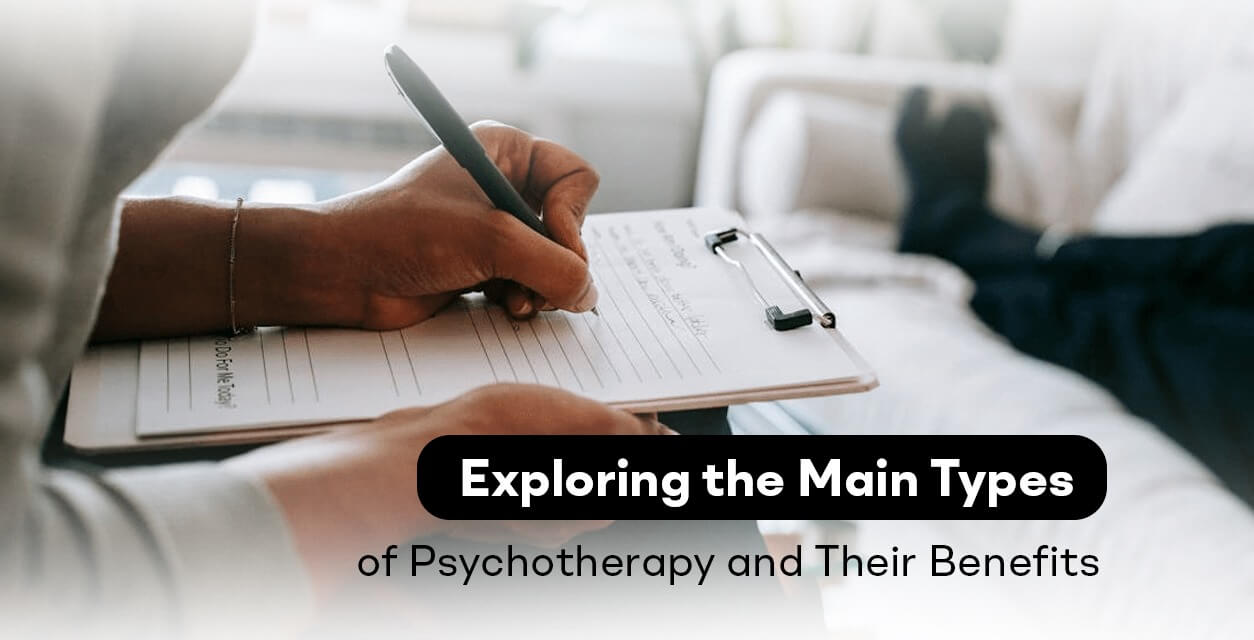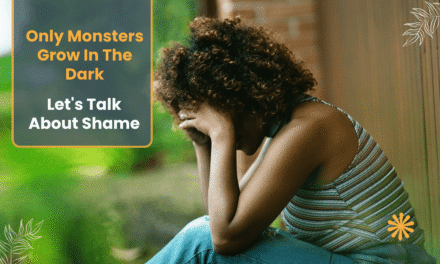Let’s face it, life can be overwhelming. Whether it is the low hum of everyday stress or something heavier you cannot quite name, most of us hit a point where “just dealing with it” stops being enough. That is where psychotherapy steps in. But with so many options out there, it is confusing to choose the right path, just as much as the challenges that brought you here in the first place.
Maybe you have heard of cognitive behavioral therapy. Maybe someone mentioned group sessions that helped them open up in ways they never expected. Or maybe you are simply curious about what “therapy” even looks like these days.
Here is the good news: there is no single right way to begin. There are many types of psychotherapy, and each one offers a unique approach to healing.
The Different Types of Psychotherapy You Should Know
If you are ready to take your mental health seriously but want a little help figuring out where to start, you are in the right place.
Whether you are searching for something reflective or something community-driven, like the options offered by the Insight Psychological Group, here are some of the most widely used and effective types of psychotherapy to explore.
1. Cognitive Behavioral Therapy (CBT)
Think of cognitive behavioral therapy as mental training for your thoughts. It helps you notice those negative thought spirals, the ones that sneak in and make you second-guess everything, and teaches you how to challenge them.
In a way, it is like rewiring your inner dialogue so that it stops working against you and starts working for you.
Consequently, cognitive behavioral therapy is one of the most widely used approaches in modern mental health care. If you are dealing with anxiety, depression, or even phobias, CBT gives you tools you can actually use in daily life, not just theories or vague advice.
And it is not just for adults. There is also CBT for children, which is specifically tailored to younger minds. These sessions might involve games, drawings, or role-play to help kids understand and manage emotions.
2. Dialectical Behavior Therapy (DBT)
Some emotions do not just disappear on their own. If you have ever felt like your feelings were too intense, too fast, or just too much, dialectical behavior therapy (DBT) might be worth exploring.
DBT was originally created to help people with borderline personality disorder, but over time, it has become a powerful tool for anyone struggling with emotional regulation, relationship issues, or chronic stress.
What makes it different is that it blends acceptance with change. You learn how to tolerate your feelings without being overwhelmed by them and how to respond instead of reacting.
The In-Person DBT Group for women creates a space that feels safe, supportive, and deeply empowering. Whether you are managing mood swings, navigating complex relationships, or simply trying to stay grounded, DBT provides a roadmap that makes sense.
And if getting to an office feels like a challenge in itself, our virtual DBT group makes therapy more accessible than ever. These online sessions offer the same support, but from the comfort of your own space.
3. Group Therapy
There is something powerful about realizing you are not the only one. When you sit in a room, even virtually, with people who just get it, healing starts to feel a little easier. This creates a small healing “community.”
That is the heart of group therapy. It is not about spilling your life story to strangers. Rather, it revolves around connection, growth, and shared strength. Whether you are navigating grief, anxiety, relationship challenges, or just trying to feel a little more okay, types of psychotherapy groups are designed to bring people together in a safe, supportive environment.
And while individual therapy can be incredibly valuable, sometimes hearing someone else say, “Me too,” hits differently. That shared space becomes a reminder that you are not alone and that moving forward is possible, even when it feels slow.
Choosing the Right Type of Psychotherapy
Mental health is not a straight line, and healing never looks the same for any two people. That is why exploring the different types of psychotherapy can be such a meaningful first step. Whether you are drawn to structured approaches like CBT, emotionally focused models like DBT, or the shared strength of group therapy, there is a path that can meet you where you are.
The most important part is that you do not have to figure it all out on your own. With the right guidance, a little curiosity, and a willingness to try, real change is possible. Therapy is not just for when things fall apart, but also for building something stronger, steadier, and more you.





